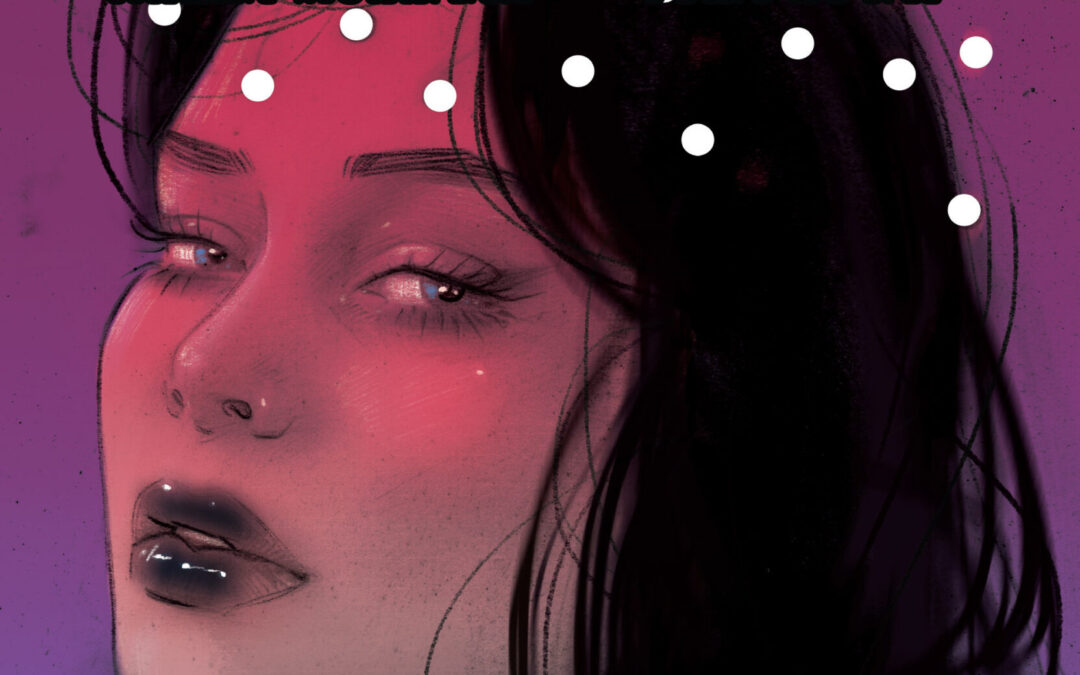
by Rebelle Summers | Jun 13, 2025 | Blog
Myths of the gods and their worshippers – the latter, typically of the feminine persuasion – at their feet have captured the human imagination for centuries. Whether they are devoted disciples, artist’s muses, or, like the subjects from this review,...
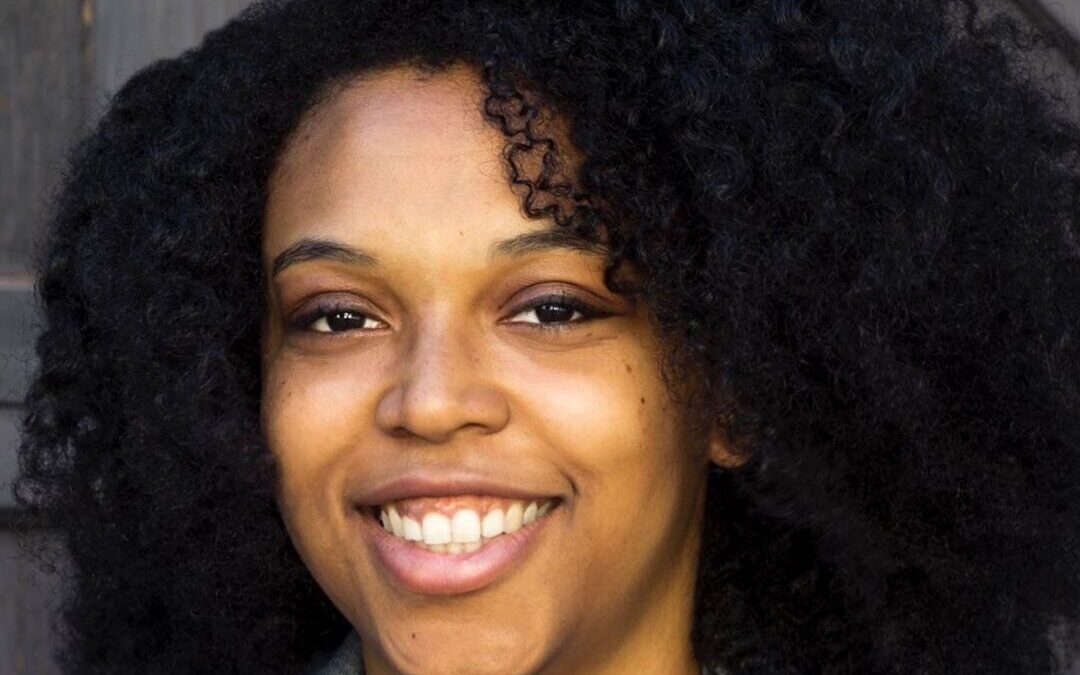
by Rebelle Summers | Nov 12, 2024 | Blog
In the small town of Blackclaw Valley, tourists flock to experience picturesque hiking trails and the historic family-owned shops to add some cozy charm and a little bit of magic to their lives. When that magic gets threatened and tourists start spotting wolves in the...
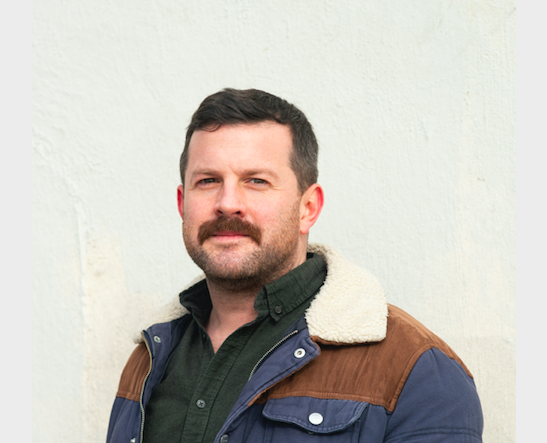
by Rebelle Summers | Jul 3, 2024 | Blog
Writer and editor Greg Lockard is bringing the heat this Pride with a new graphic novel, Trick Pony. A universe away from his GLAAD Media Awards nominated and New York Times celebrated Liebestrasse set in Nazi-era Germany, this time Lockard, with artist Anna David and...
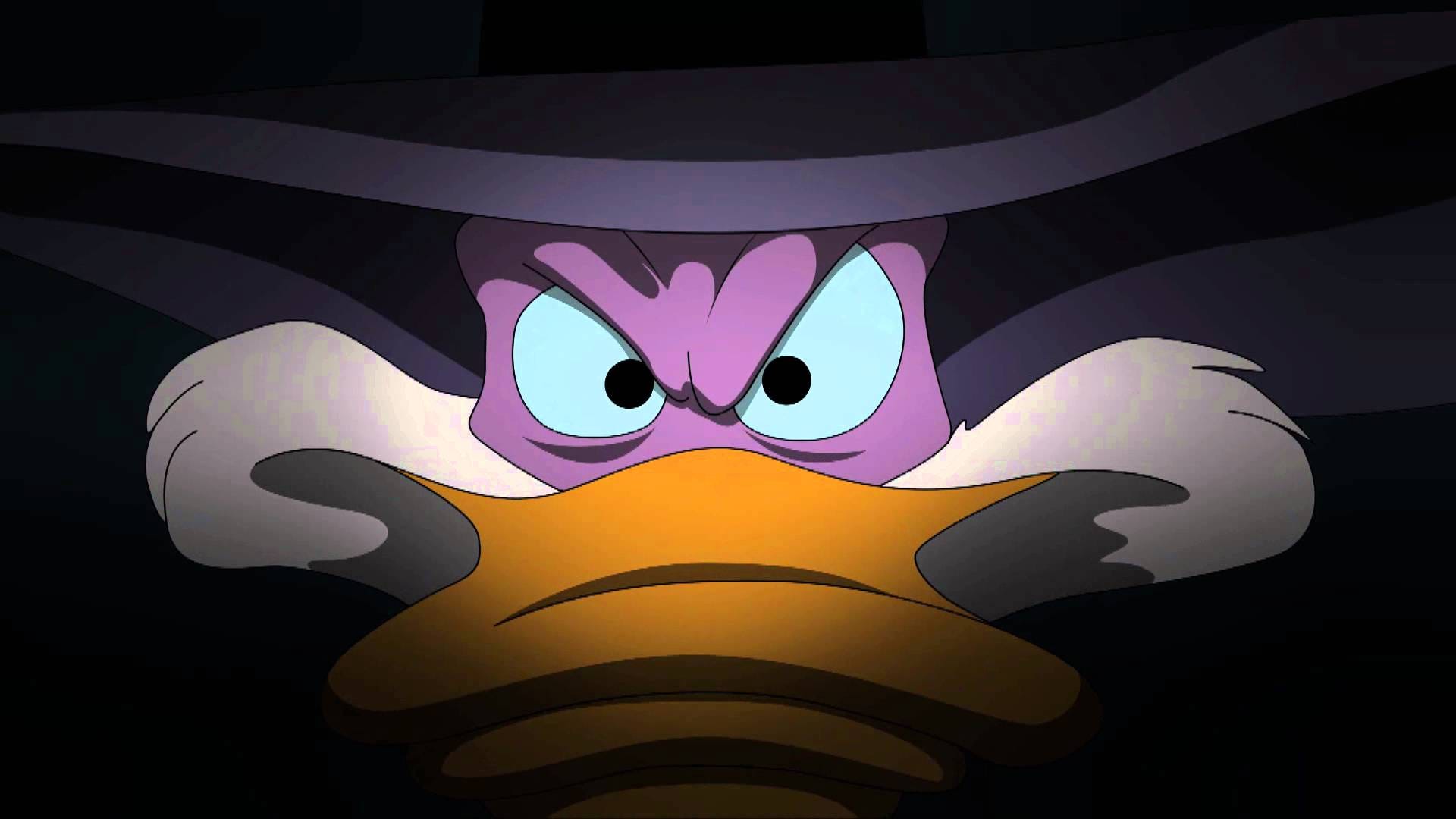
by Rebelle Summers | Apr 19, 2024 | Blog
Our current cultural landscape loves a reboot. One 90’s nostalgia fan favorite that’s been in and out of the headlines for the past few years is Darkwing Duck. The “terror that flaps in the night” has been perpetually making a comeback, whether it’s been talks since...
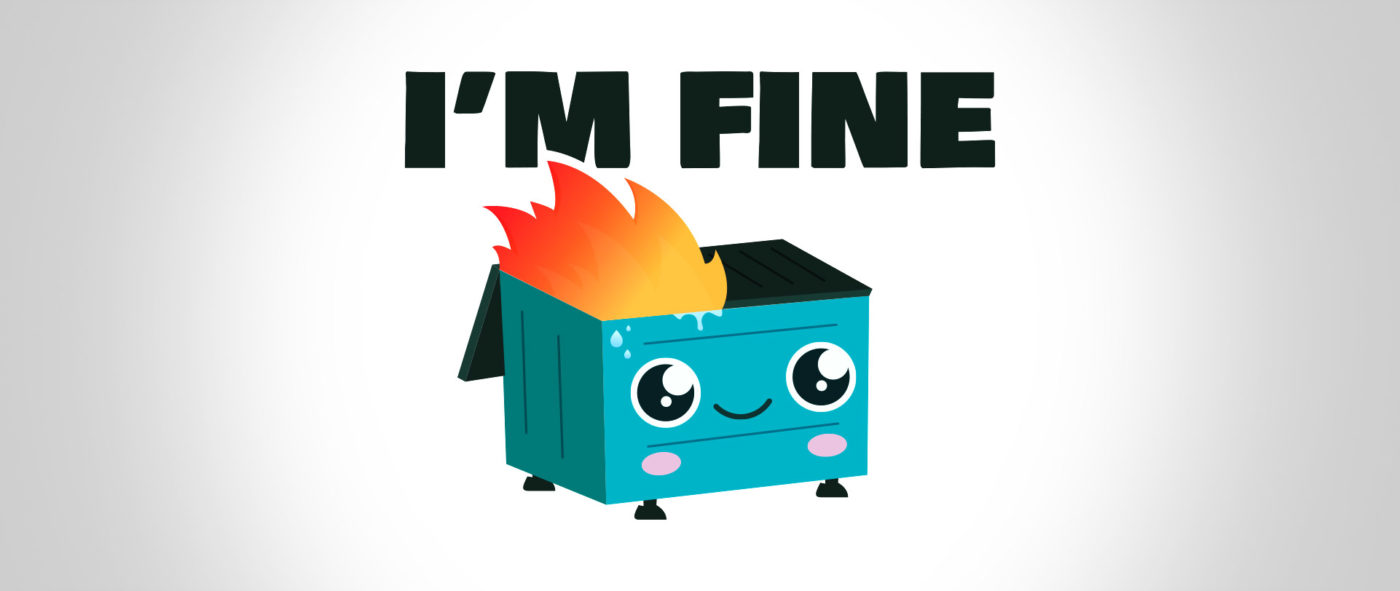
by Rebelle Summers | Dec 28, 2023 | Blog
The last few years have really hammered home the endless ways in which this life can dumpster fire. Fortunately, coping mechanisms exist. As the new year fast approaches and the idea of making resolutions feels more hilarious by the minute, we can at least take some...






